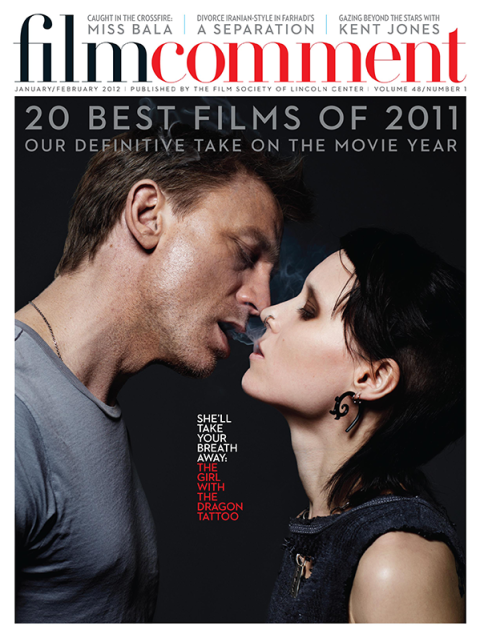
Valérie Donzelli’s Cannes hit Declaration of War is a brave, deeply personal, but artistically uneven chronicle of a young couple’s battle to save their son from a malignant brain tumor. A melodrama trying to reconcile romantic idealism with a sobering illness, Declaration is also a flawed dose of neo–new wave pop. That is, until you read that Jérémie Elkaïm and Donzelli, who play the on-screen named Romeo and Juliet, were also a real-life couple with a son who endured a life-threatening illness. Once you know this, it’s possible to understand the standing ovation that followed the film at Cannes, as well as France’s nomination of the film as its candidate for the Best Foreign Language Oscar.
Before learning of the autobiographical nature of the film, it’s possible to be far more dismissive. France has been producing a lot of camp in the past couple of years, as witnessed by the tendency to randomly interject musical numbers into the middle of otherwise sincere dramas. And though we expect some stylized cheese from a Christophe Honoré or François Ozon film, the tone of Declaration feels distinctly incongruous. Donzelli and Elkaïm’s real-life relationship breathes a naturalism into the film that should take center stage, but instead it’s sandwiched between pseudo-literary narration and clichéd music cues. Making art out of adversity is a noble endeavor, but here the filmmakers seem reluctant to confront the audience with its own fear of cancer and death. Don’t they realize that’s exactly what we want? Not to be sent to a commercial break with another quasi-lyrical montage, but on the contrary, thrown deeper into the shadows of the MRI room and Romeo and Juliet’s inner torment. Instead we are teased by intimate moments and harsh realism before being spun out again in a maze of arty distractions.

Romeo and Juliet spend a large portion of the film scurrying around cold hospital rooms waiting for inaccessible neurosurgeons to give a prognosis. We see how over time their life is slowly consumed by their son’s illness. Doctor’s visits, family meetings, and hospital living replace youthful carelessness and social life. The script and voiceover aim at portraying an epic time span, capturing the couple on a Balzac-esque half-decade-long treadmill of hoping their son can be cured. Late in the film we are told that the ordeal has torn Romeo and Juliet apart, but this is done in voiceover as we watch the couple twirling on a Ferris wheel looking happier than ever. Should we believe the narrator or the image? At one point Romeo asks why they were chosen for this endurance test, and Juliet replies that it was because they were strong enough to handle it. Indeed their love is made palpable through the sacrifices they make for their son, but these scenes of poignant tenderness and parental martyrdom, which if pursued further would lend the film a stronger moral subtext, are instead left dangling a scene later in a fresh chaotically edited montage. It’s only toward the end of the film, after the wayward romanticism has been replaced by the routine of chemotherapy, that the film begins to locate its holistic center. Declaration of War is nothing if not a labor of love, and the desire to make such a personal film is beyond reproach. Without this impulse the French New Wave would be absent some of its best pictures. Furthermore, in interviews, Donzelli and Elkaïm seem cognizant of some of the challenges and flaws of their endeavor. “In my opinion, we’re living in a dictatorship of happiness, a tyranny of cool. Everyone’s always trying to push away anything that could be sad, and we’re a part of it . . . a generation that’s mollycoddled and not prepared for war,” Elkaïm said in an online interview.
He couldn’t be more on the money, but if he’s able to call it, the film should be able to transcend it. The fact that Declaration takes the road of trying to handle a devastating topic while coddling its own audience is at once the film’s main drawback and, however cynical it might sound, what makes it a diplomatic choice this awards season. How they arrived at this place is a double-edged sword. Had Donzelli and Elkaïm not experienced an analogous trauma in real life, the question of authenticity would have placed a different kind of burden on the filmmakers to “make it real.” That it was real in the first place instead opened the door for an assumed integrity—but in art there is no such thing.








